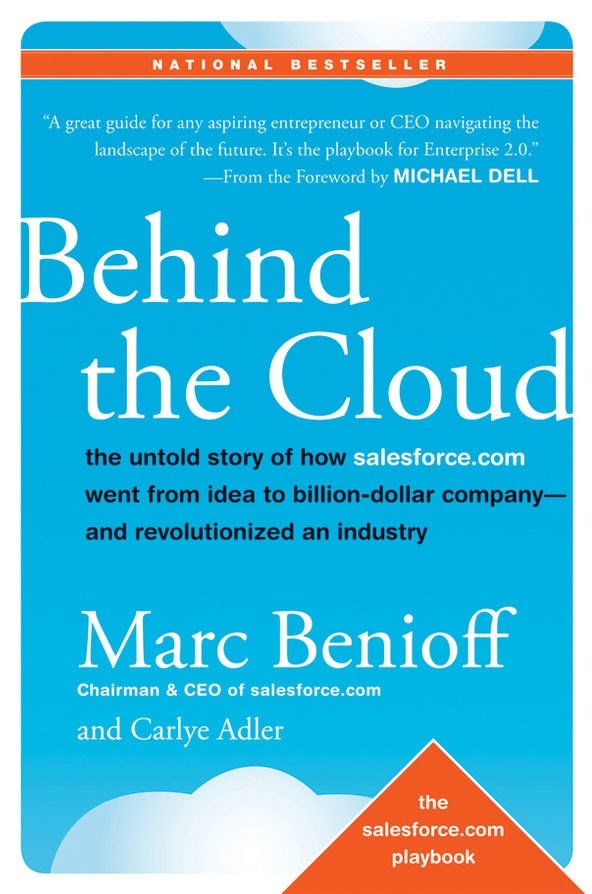When the deal is done, the purchase agreement signed, and the wire lands in your bank account, what happens next?
You might be planning a few weeks off with family and friends. Perhaps you’re diving straight into your next venture. Or maybe you’re staying on with the new owners.
These might be vague notions just now. The fluff of speculation, daydreams over your first letter of intent (LOI). But they’ll harden into realities when the deal closes.
How will the acquisition affect you, your co-founders, investors, and other stakeholders? What will fill the void left by the business you worked hard to build, scale, and sell?
After the champagne pops and streamers fall, a new chapter of your life begins. What you decide now impacts what happens after the dust settles.
Here are a few pointers from someone who’s been through it — twice.
Further reading:
You’re hot stuff
The buyer might be after more than just your business. Are you part of the acquisition package? Your first decision is whether you want to stay on. If you’ve been working on your business for a decade, you might be feeling burnt out or eager to start something new. On the other hand — if you’re only a couple of years in — you might still have mileage to spare and find it fun to share in the company’s continued success.
Beware, though, your buyer has a vested interest in what you do post-acquisition and might entice you to stay with favorable terms. This can put you and any co-founders in a bind as the terms become dependent on your willingness to stay. And if you do? You might find the new owners acquiescent at first, only to be cracking the whip six months later. Are you prepared for both the loss of your business as well as your autonomy?
If you assume life will carry on as normal working under the new owners, you’re setting yourself up for failure. Expect changes and shifting priorities. Your missions may no longer align. It might be awesome. It might be awful. Prepare for both outcomes, so you’re not caught off-guard or regretting your decision. You can always leave if things get rough, but not before any applicable earn-outs or other time-bound terms have expired.
That said, staying on is one way of ensuring the company continues to grow. You’ll have the buyer’s ear for at least the first year, irrespective of their goals since you know the business better than they do. It might be easier to tolerate post-sale commitments, therefore, as you have better control of the outcome.
Surfboard, springboard, or jobs board?
If you’re walking out the door with a fat cheque and a smile on your face, congratulations. You’ve bought yourself time. Some space to relax and enjoy the trappings of financial freedom. But when the high wears off — and believe me, it will — what’s next? A wise entrepreneur, like a master chess player, plans several moves ahead. Life post-acquisition can be beautiful, but without purpose, beauty is hollow. It all depends on how you plan to spend your time.
If this is the end of the road for you — for example, you’re retiring early to spend time with friends and family, to travel, and so on — purpose will arise naturally from doing the things you love, things you might’ve had little time for before. But if you’re only a decade or so into your entrepreneurial career, you might want to leap from this acquisition to a new business, to springboard to bigger and better things.
But take some time off to enjoy the win. It’s tempting to rush into your next startup when you miss the feeling of running a company. However, you need at least three to six months’ perspective to let new ideas arise naturally. Once you sell, you can start afresh with more experience, so it’s critical to be strategic about your next business rather than pouncing on the first idea that enters your head. You’ve earned the break, so use it.
Building a new business isn’t your only option, either. You could consider senior or consultative roles where you help fellow founders succeed on the back of your expertise. A less demanding though no less important role means you have more time to do the things you love. You might even consider writing a book, producing a podcast, or otherwise creating helpful content dedicated to entrepreneurship. Don’t be surprised to find others banging down your doors for your pearls of wisdom — maybe there’s a business in that?

Whatever you decide to do after your SaaS business is acquired, don’t get swept up in the excitement of the sale. Think long and hard about what the sale means for you in the long term, what doors it opens (or closes), and where you want to be a few years after the deal is signed. That way, you won’t feel like you’ve lost grounding or place and can continue forwards into a future you prepared for and wanted.
No man is an island
While the LOI and purchase price might outline some attractive numbers, ensure your co-founders and early employees (anyone with significant equity) think clearly about their futures, too. It’s easy to overlook someone’s true feelings on a subject — especially if they’re in the minority — and assume they’re as overjoyed as you are. The truth, however, might be very different.
An uneven equity split, for example, could impel some to hold out for a better offer. Technically, the decision might be out of their hands, but do you want to alienate or burn bridges with the people who helped build your business? You never know when you might meet or need them again. You could simply offer them a better share, of course, but this might upset other co-founders who find themselves suddenly diluted.
Some might also want to IPO regardless of how distant or unrealistic it might be. It’s a matter of ambition for some, pride for others. They might simply be so in love with becoming the next unicorn they’re blinded to the statistical limitations of their ambition. A million-dollar offer might only confirm their biases, too. Whatever their motivations, it’s up to you to persuade them to get out while the going is good rather than wait for something that might never happen.
Remember that owning a business gives life meaning to many people. Not everyone wants to be a serial entrepreneur. Some want to build a legacy — something that persists long after they’ve gone. Most acquisitions are value-grabs of technology, people, or customers. Few M&A buyers give a damn about your mission. This might not sit well with co-founders and early employees, so invite them into the acquisition discussion early and clear away any concerns they might have.
Spare a thought for your investors, too
Your investors want a return on their money and an early acquisition is, in most cases, going to have them rubbing their hands in glee. While they have similar priorities to you and your co-founders, they’ve taken on more risk with less influence over the success of your business. In other words, they trusted you to grow their money, to give them a return worthy of their investment and mentorship. But be careful — they might push you to sell or accept terms you’re not wholly happy with, so know what you want from the sale before you pick up the phone to deliver the good news.
Once the sale goes through, your investors may take their money and go. However, if you’ve built a good relationship with them, you might still be able to count on their mentorship, guidance, and possible future investment in other ventures. Much of this will depend on the rapport you have and how much of a return you delivered, whether you’ve demonstrated sharp business sense and a knack for predicting trends and delighting customers. Whether you’re staying on or leaving, solid relationships with the investor community make life easier. It’s not what you know, but who you know, after all.
Don’t sweat the small stuff
I don’t mean to be cynical or to take the shine off what should be a proud moment. Selling a business is a proud moment. Just receiving an offer puts you ahead of thousands of other founders. But even the best acquisition deals aren’t perfect. Things might not turn out as you expect them to and that’s okay. Don’t let it worry you too much. Predicting the fallout of an acquisition is an inexact science and as long as you’ve considered and planned for what happens after celebrations end, you’ll do just fine.
